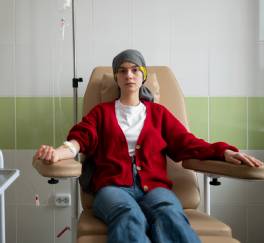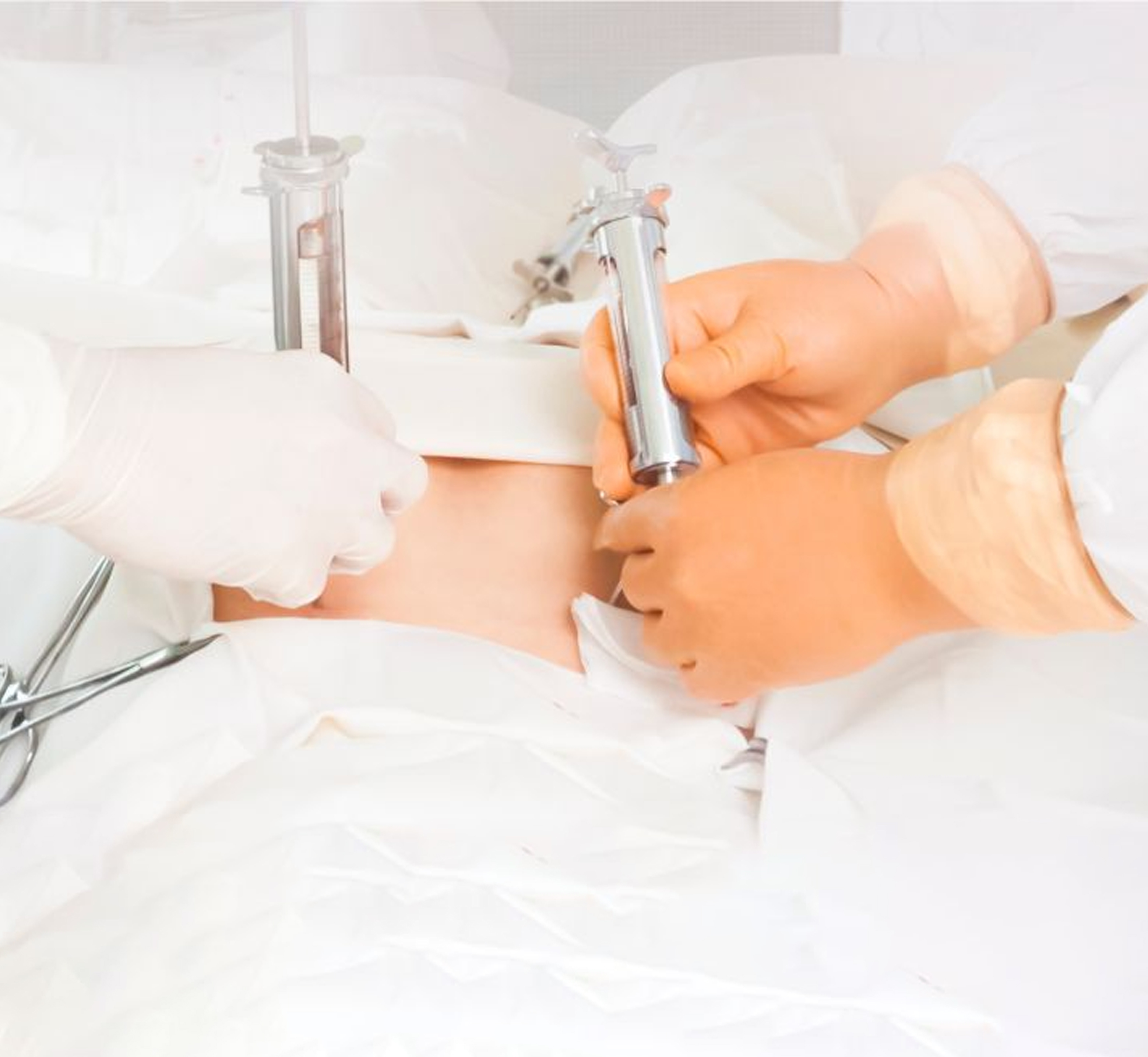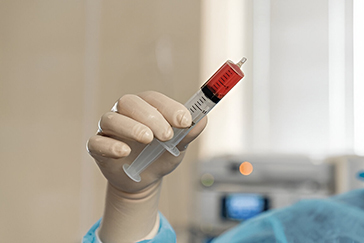 Book Appt.
Book Appt.
 Call Now
Call Now


Organ transplantation is a life-saving treatment that gives patients with end-stage organ failure another chance at life. A successful transplant does not, however, signal the conclusion of the procedure. After transplant, follow-up and care are crucial to ensure long-term transplant success, prevent complications, and maintain overall health. This blog examines important facets of post-transplant care.
Role of follow-up
Regular follow-ups are necessary to make sure the transplanted organ is functioning correctly and to identify any problems early. These visits contribute to:
Immediate care
The first several months after transplantation are essential, needing numerous physician appointments and tests. Some important components of immediate post-transplant treatment are:
Long-term follow-up care
Following the initial healing period, the patient receives ongoing follow-up care for the rest of their life. The key components are:
Complications
Problems may still arise despite rigorous follow-up. For prompt treatment, early diagnosis of symptoms is essential. Here are some common signs to look out for:
Advanced care
The quality of life and patient outcomes are improved by ongoing medical improvements in post-transplant care. Wearable technologies, novel pharmacological therapies, telemedicine, and personalized medicine are a few new developments.
Conclusion
Post-transplant follow-up and care are essential to ensure the long-term success of organ transplantation. Through regular monitoring, medication management, lifestyle changes, and psychological support, patients can lead fulfilling lives post-transplant. Adhering to medical advice and staying informed about new advancements can help transplant recipients achieve optimal health outcomes.
SHALBY Sanar International Hospitals provides extensive medical procedures backed up with our state-of-the-art technology and a team of highly qualified & experienced clinical experts.
Our doctors pen down their research findings and experiences from time to time. Their words provide deep insight into the latest techniques, technologies and other advancements in healthcare. It provides expert answers to all kinds of health questions for real-life issues.
VIEW ALL



.jpg)
Since the day of its foundation, SHALBY Sanar International Hospitals is committed to provide comprehensive healthcare services. It regularly organizes awareness programs in its premises and encourages outdoor healthcare activities and camps with an intent to put focus on preventive healthcare.
VIEW ALL